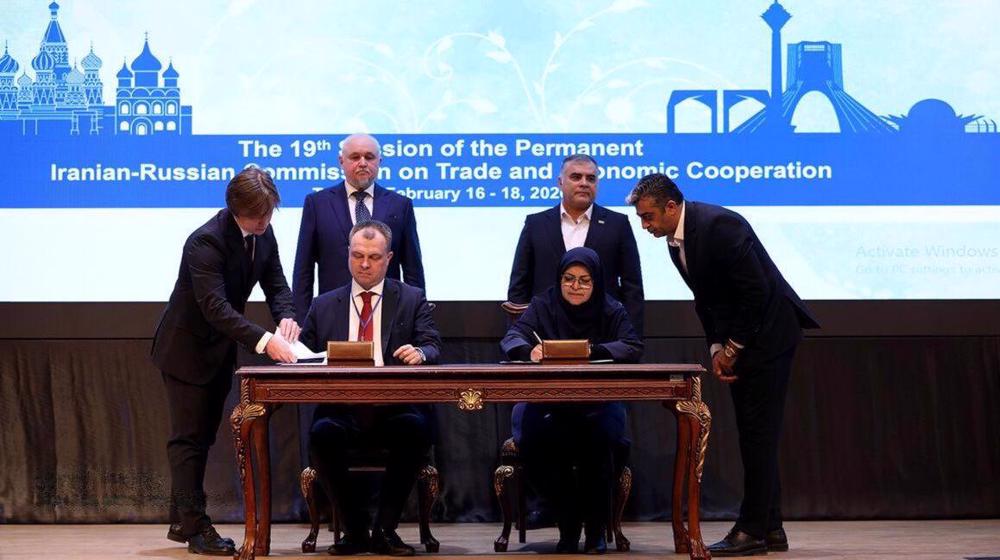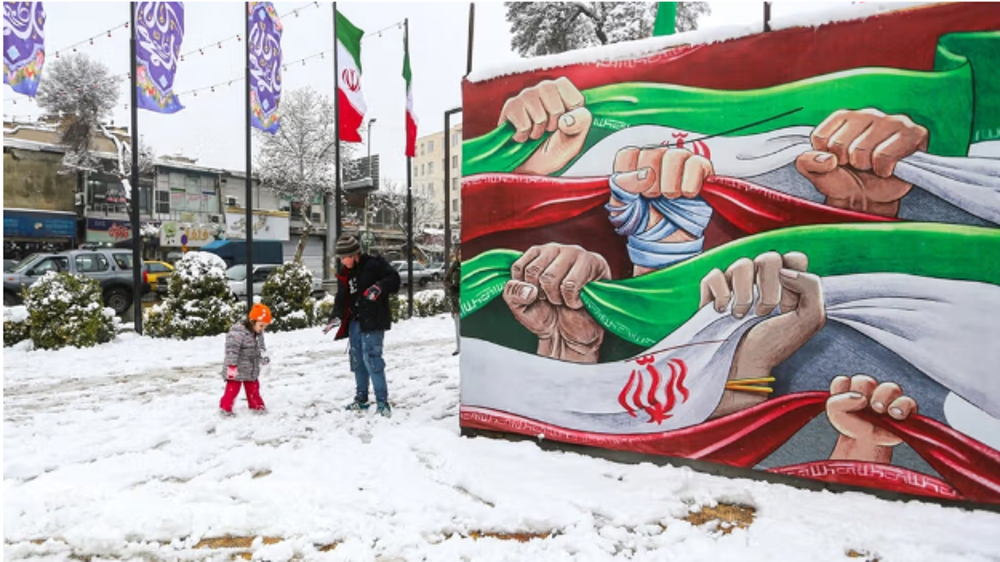Iran: Use of US weapons against Yemeni civilians a war crime
Iran has denied claims by a senior US naval official that the country has been sending arms and missiles to Yemen's Ansarullah Movement.
Foreign Ministry Spokesman Bahram Qassemi on Sunday rejected the allegations made by the head of US Naval Forces Central Command Vice Admiral Kevin Donegan.
Donegan recently claimed that the US and partner nations had intercepted five shipments of weapon headed from Iran towards Yemen.
Qassemi stressed that these false claims are being made as the West continues to sell deadly arms to Saudi Arabia.
“Everyday, an uncountable number of lethal weapons, bombs and US missiles are dropped by Saudi Arabia on the defenseless and oppressed civilians in schools, hospitals, jails and homes,” noted Qassemi.

He went on to stress that these actions are nothing short of “war crimes.”
Qassemi also criticized Saudi Arabia's reelection as a member of the United Nations Human Rights Council, describing it as a catastrophe and a bitter tragedy.
He stressed that Riyadh’s reelection in the council is even more “regrettable” than the Saudis' atrocities upon its impoverished neighbor.
Saudi Arabia has been launching airstrikes in Yemen since March 2015. The war was launched in an unsuccessful attempt to reinstate Abd Rabbuh Mansur Hadi, who has resigned as Yemen’s president. The UN puts the death toll from the military aggression at over 10,000.
A basis for talks
Meanwhile, Yemen's Ansarullah movement has announced that a United Nations-proposed peace plan could be used as a "basis for discussion" but that it still contains "fundamental flaws."
The Houthi fighters noted that the plan, proposed by UN envoy Ismail Ould Cheikh Ahmed, lacked in details and had timeframe flaws and also did not include a "total, permanent ceasefire" or refer to the lifting of the blockade against the impoverished country.
Ansarullah said it would relay the objections to the UN envoy during his upcoming visit to Sana’a.
On Saturday, Hadi turned down the UN peace proposal, saying that it only rewarded the Houthi Ansarullah movement.
The plan is largely viewed as a political failure for Hadi because it would basically sideline him on the political scene and set the stage for the installation of a new government. Under the provisions of the UN peace plan, Hadi will have to transfer power to the vice president, who will in turn assign a new prime minister with the task of forming the government. The new administration will give equal representation to both the Houthi-controlled north and the pro-Hadi south.
The UN envoy submitted the peace plan to Yemeni warring sides during a three-day visit to Sana’a, with an aim to end the conflict. Ahmed has also held meetings with the Houthis and the General People's Congress to get their support for a return to a cessation of hostilities to allow aid deliveries.
Peace talks, which were held between Yemen’s opposing parties in Kuwait, ended in deadlock in August.
Russia continues to develop relations with Iran: Kremlin
VIDEO | Friends of Palestine meet at UN in Vienna
Trump’s war-mongering on Iran sparks sharp rebuke from US lawmakers
Top American columnist warns of Netanyahu exploiting Trump for Iran war
VIDEO | Press TV's news headlines
VIDEO | Global leaders discuss AI governance at India summit
People, faith, history, sovereignty: Unpacking Leader's latest speech and warning to Trump
US troops block Lebanese forces after drone downed at shared airbase: Report













 This makes it easy to access the Press TV website
This makes it easy to access the Press TV website